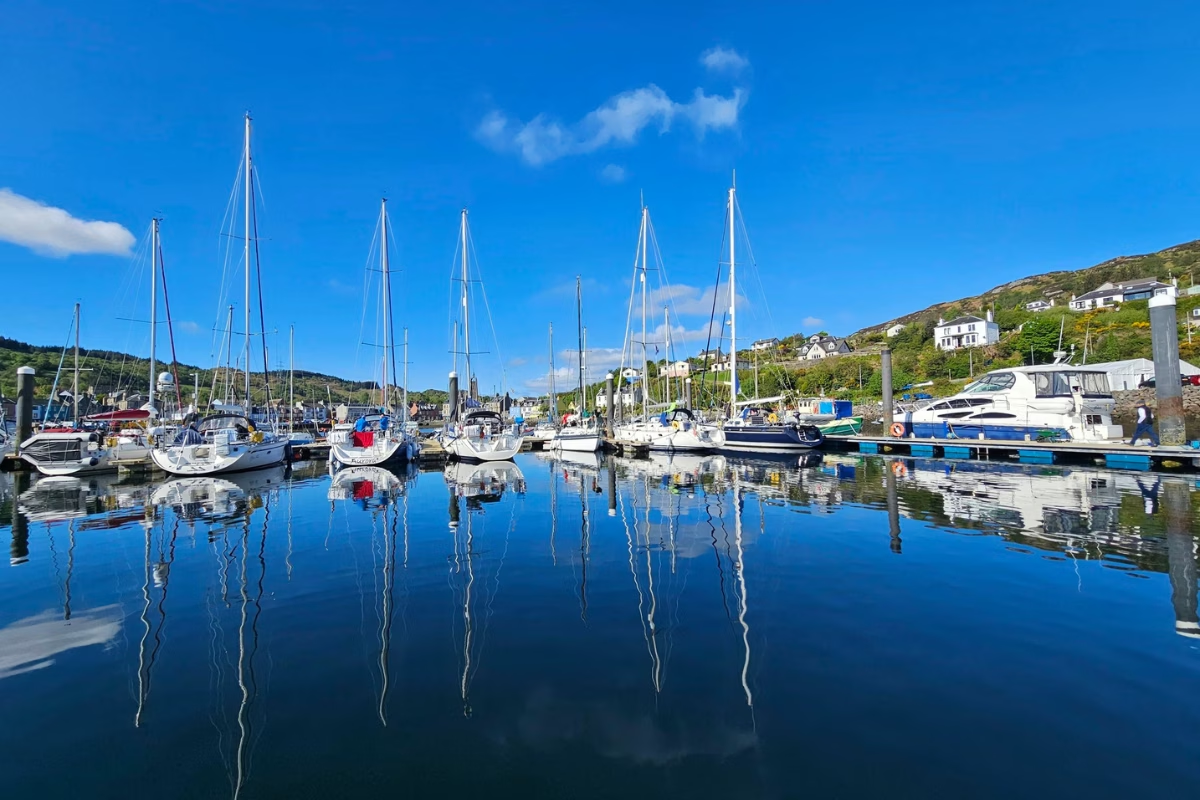Marina Port de Mallorca recently welcomed the sailing yacht Carlina as part of a scientific expedition led by the Sea Plastics association. The Palma de Mallorca Marina provided a berth to the 13.2-metre vessel during its more than 2,000 nautical mile journey aimed at investigating the presence and impact of microplastics across European waters.

The stopover in Palma de Mallorca is one of more than 30 ports included in the itinerary, which spans the Atlantic and Mediterranean coasts of France, Portugal and Spain. Supported by the Centre national de la recherche scientifique (CNRS), the project focuses on the plastisphere, which are microbial communities that form on plastic debris in marine environments.
During the expedition, the Sea Plastics crew collected microplastic samples using a manta net. The samples are then sorted onboard and frozen for future laboratory analysis. The research particularly examines how bacterial communities change with varying aquatic conditions, such as the transition between river mouths and oceanic zones, and between the Atlantic and Mediterranean basins.

Amélie Baptee from Sea Plastics said, “We still don’t have definitive results, but we can disclose that we’ve found a significantly higher concentration of microplastics in the Mediterranean compared to the Atlantic. If in the Atlantic we have to drag the net for an hour and a half to get an adequate number of samples, in the Mediterranean thirty or forty-five minutes is enough.”

Mallorca served as a sampling location in the study, which aims to publish its findings in 2026. The data may provide insight into how pathogenic bacteria could spread via plastic waste in vulnerable ecosystems.
Founded in 2016 by three AgroParisTech students, Sea Plastics is a non-profit association that merges scientific inquiry with a passion for sailing and ocean conservation. Each year, a new team of student researchers continues the mission, combining hands-on data collection with public outreach and environmental education.
2025 marks the first time Sea Plastics has charted a course from La Rochelle to Toulon, with calls in Portugal and Spain. The Mediterranean presents a unique area of study due to the high concentration of floating plastic waste.

Marina Port de Mallorca’s involvement reflects its broader commitment to sustainable practices and environmental stewardship. Located in central Palma, the marina offers 200 berths for vessels up to 50-metre, with recent infrastructure upgrades including enhanced electric and water services, improved fire and security systems, as well as new collection networks for black water and oil-contaminated waste.
As the scientific voyage continues, Marina Port de Mallorca highlights its role as a supportive hub for initiatives that protect the marine environment.




%20(1).avif)



